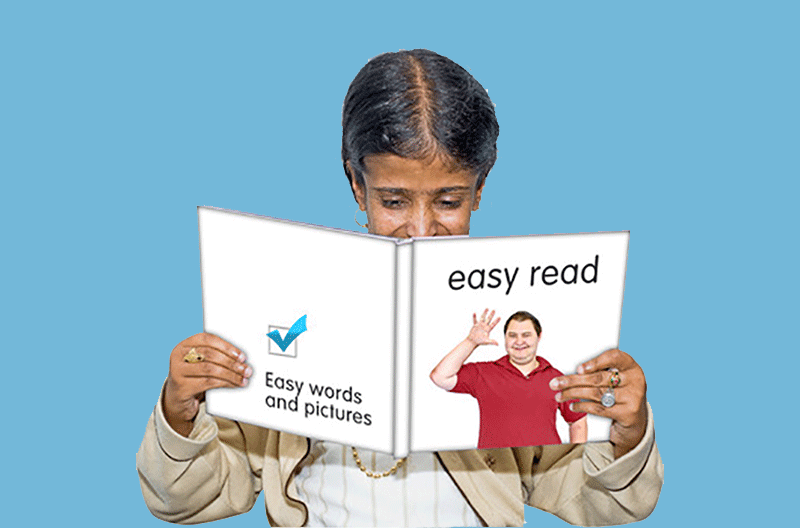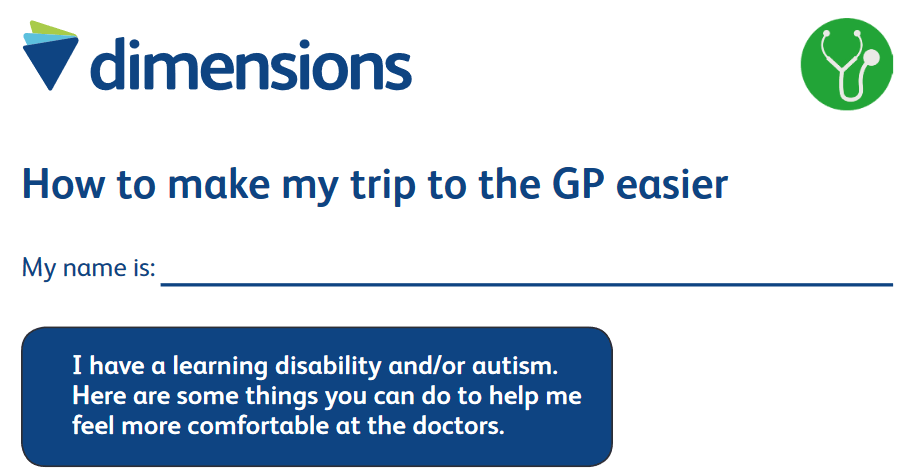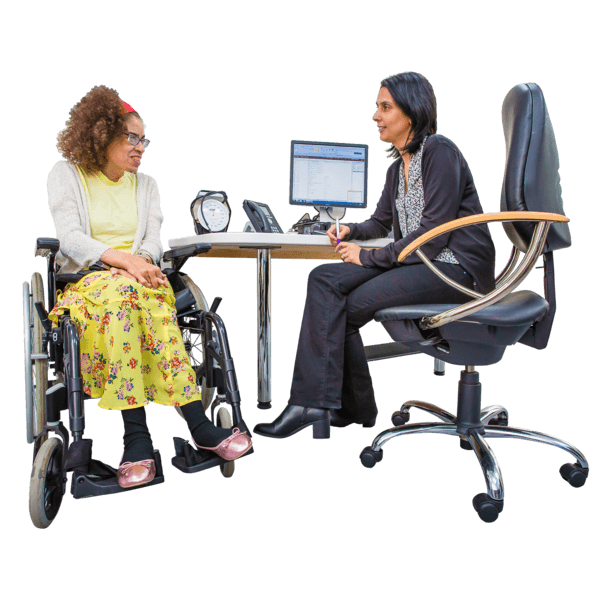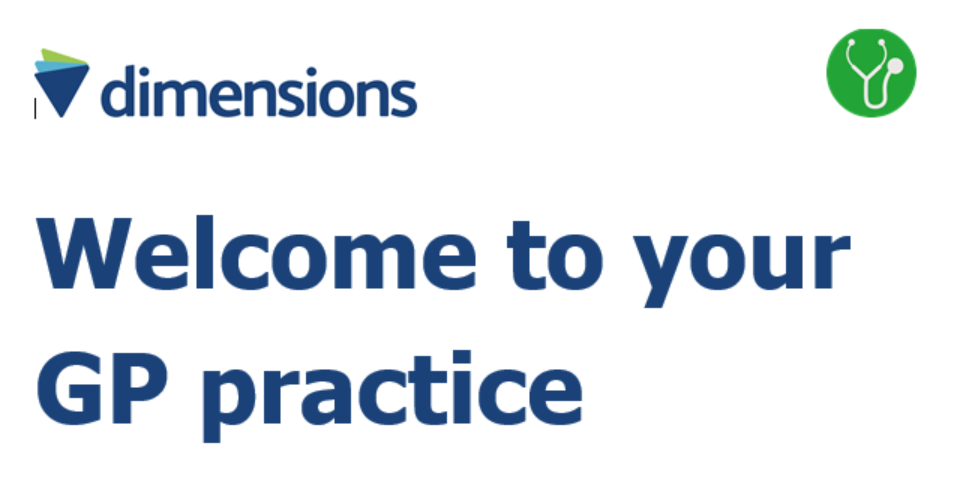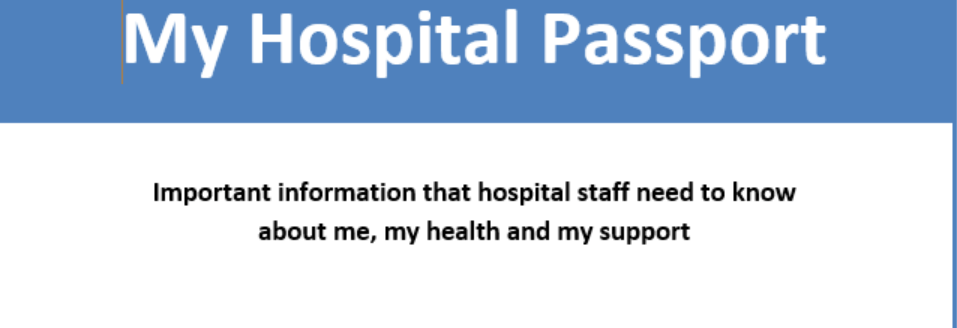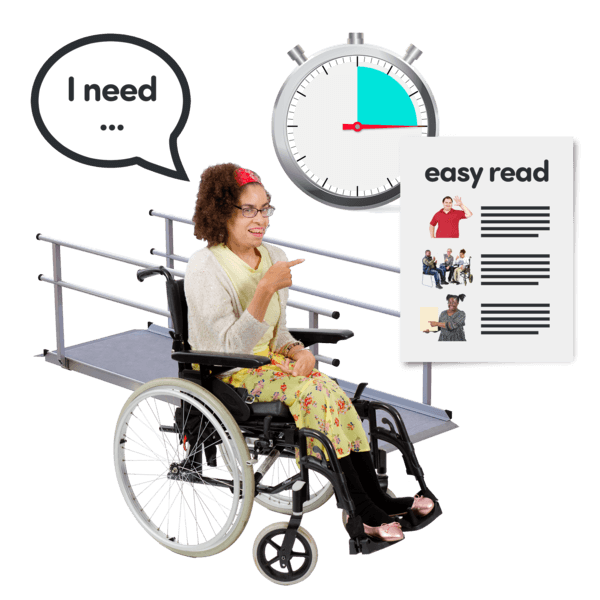How to get the most from your appointments
There are some things you can do to prepare for your appointment and help you make the most of the time you have with the doctor or nurse.
Sometimes you will need to tell the doctor what reasonable adjustments you need and how they can communicate with you best.
You can also prepare information in advance so the GP or nurse has everything they need to understand your health and well-being.
Make notes about your health information
Sometimes when we’re asked a question it can be difficult to think of the answer. To help stop this happening you can take notes about your health history and any questions or concerns you have.
Start to think about these in plenty of time before your appointment and write them down as you remember them.
It also helps to write down the dates and times you felt something didn’t feel right, and what you were doing around that time. This is so the doctor can understand your symptoms and what might be causing them.
Reasonable adjustments
If you need some reasonable adjustments to help make your experience more comfortable and accessible remember that it is your legal right.
Visit this webpage to find out more about reasonable adjustments and start making a list of things to request from the GP surgery staff. This is also linked at the bottom of the page.
You can also write down the reasonable adjustments you need on the ‘Tips to help me at the doctors’ resource linked above.
Take communication aids
If you use communication aids or prompts you can take them to the doctors with you. If there are healthcare specific aids (such as picture cards) think about what you might need and take them along. Make sure the doctor understands how to best communicate with you and makes adjustments to support this.
You can ask for a chaperone, this is someone who goes into your appointment with you to help you. But you are the patient and the doctor or nurse should always talk to you.
Prepare for your journey and appointment
Sometimes waiting for a healthcare appointment is the most stressful part. Ask the GP surgery staff to provide you with information about what will happen on the day and what to expect during the appointment.
If they have put in reasonable adjustments then information about these and what to ask about when you arrive is useful.
Ask them to download our social story template (also linked at the end of the page) and personalise it for their practice. You can then use this to start preparing for your journey.
Some practices might be able to provide information in Easy Read too, and other accessible formats such as large fonts and braille can also be requested.
Keep in mind that GP practices are under-resourced and they might not be able to accommodate fully. If this is the case you can ask them to explain things to you or someone you trust who can help you prepare.
Help them understand health inequalities
People with learning disabilities face some shocking health inequalities that are leading to premature deaths and serious health issues.
Help them understand that:
- People with learning disabilities and autism are at risk of overmedication: everyone on psychotropic drugs should have a six monthly multidisciplinary
review. - People with learning disabilities and autism are less likely to access cancer
screenings. - People with learning disabilities are at risk of long-term constipation which can be fatal.
- People with learning disabilities are entitled to an Annual Health Check when they are on the Learning Disability Register.


